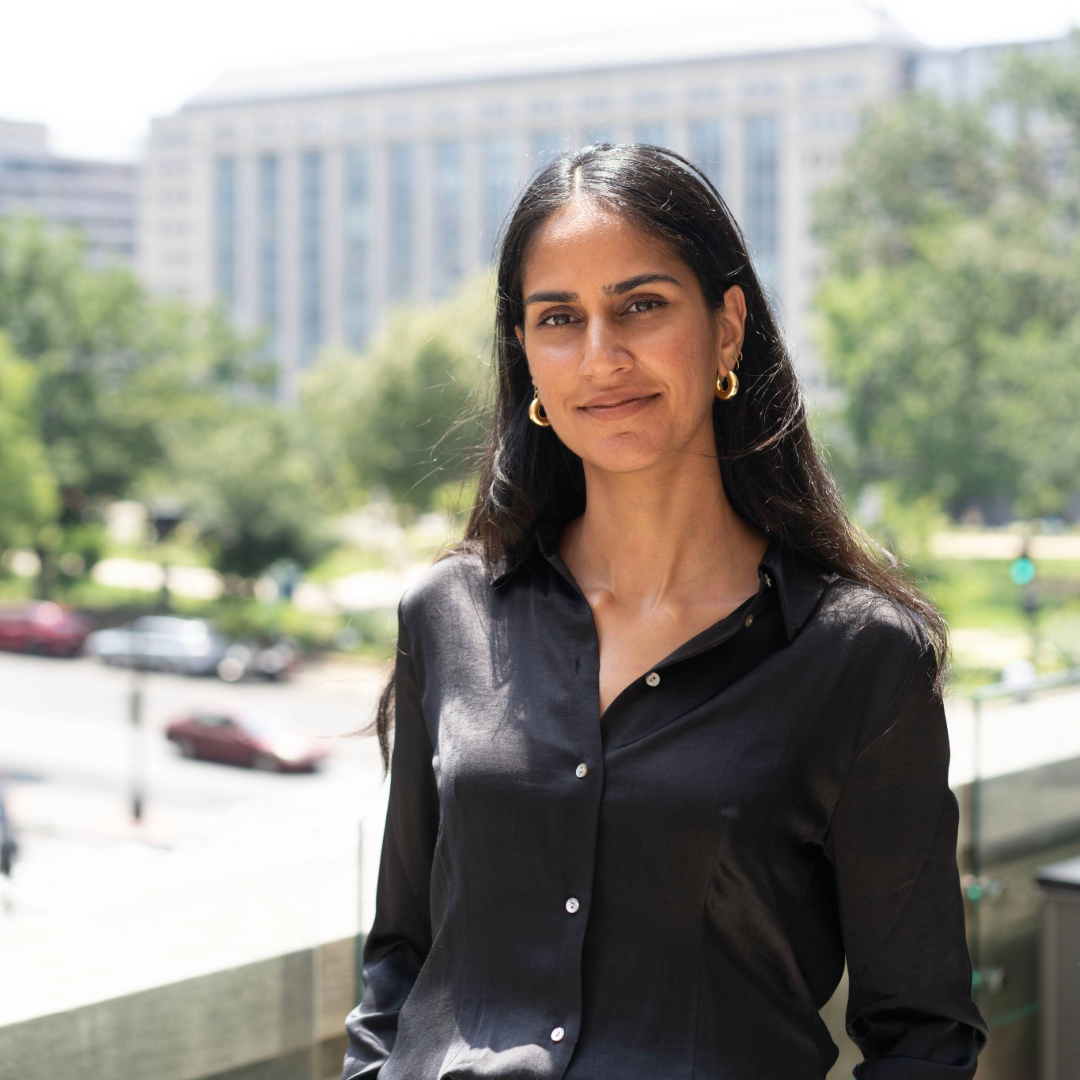Want to Keep Teens Safe Online? Listen to Them
Aliya Bhatia, Michal Luria / Nov 9, 2023Michal Luria is a Research Fellow at the Center for Democracy & Technology and holds a doctorate in human-computer interaction from Carnegie Mellon University. Aliya Bhatia is a Policy Analyst at the Center for Democracy & Technology’s Free Expression Project.
Earlier this week, members of the Senate Judiciary Committee held another hearing on the harms young people face online, including sexual solicitation, misogyny, and links to buy drugs. In response, Senators are proposing draconian restrictions on teens’ access to content or entire online services, mandatory parental surveillance, while some state lawmakers even prefer digital curfews.
However, young people, it turns out, have a thing or two to say about how to keep themselves safe online. We know because we asked them.
In new research by the Center for Democracy & Technology, we spoke with 32 people between the ages of 14 and 21 to understand how they feel about unwanted messages online and how they keep themselves safe.
The young people we spoke to define “unwanted, unpleasant, or concerning” messages as unsolicited messages that come from strangers, including sexual content. We asked them to submit a diary entry every time they received an unwanted message and found that these were not equally distributed. Participants in the study received as many as seven unwanted interactions over three weeks, six participants received only one message and seven received none at all.
“I feel like people vastly overestimate how many unwanted messages we get on platforms,” said one participant. “The risks and dangers of social media are so emphatically spread by teachers and parents, etc. It’s an active risk that I take, and I feel like I’m just comfortable with that.”’
The young people we spoke with also have concrete strategies for avoiding unwanted interactions. Some teens set their accounts to private: “I think it's a lot to do with how I operate on social media. I try and keep a really low profile overall and I just stick to friends and family.”
Another described how she confirms social media requests face-to-face: “If someone requests to follow me, I don't do it right away. Normally, I'll see the person [offline], so I'll be like, "Hey, did you request to follow me on Instagram?" Then they'll be like, "Yes." If they say no, then it's not their account, and I won't accept it.”
All of our participants feel like they have a good handle on managing their incoming messages and know when to ask for help. One 14-year-old told us: “It’s not that big of a deal. If it’s something really serious that could cause harm to me or other people, I will obviously tell an adult. Most of the time, I've never got anything that extreme.”
It’s clear that these young people’s depiction of their own experience online looks dramatically different than what we hear in Congress. Legislative proposals are pushing a popular narrative that young people are defenseless against a barrage of malicious solicitations and require parental supervision 24/7. But the young people we spoke with want to be trusted to help themselves and exercise their discretion about when to ask for help.
Researchers go one step further and say that giving teens independence is not only what teens want, it’s what’s good for them. They argue that increased parental oversight might lead to a loss of independence, ownership, and feelings of responsibility, leaving them unprepared for adulthood.
A study of teenagers in Europe found that teens who were surveilled were more secretive and less likely to ask for help. LGBTQ+ advocates in particular have long stressed that increased parental surveillance can do more harm than good for vulnerable teens’ mental health and safety. And some parents themselves feel uneasy about normalizing constant vigilance and subjecting their teens to a “parental panopticon”.
To strike the balance between keeping them safe and preserving teens’ access and autonomy, more control and agency over interactions should be handed to them. We can do this in many ways. Tech companies building online messaging services can reinforce teen autonomy by ensuring all accounts of those under 18 are set private by default and by providing timely responses to user reporting requests.
Our research also shows that young people rely on contextual signals when assessing the risk of an unwanted message. Thus, ensuring services indicate when a message is sent by an individual a teen has never interacted with before, or has no mutual friends with, will go a long way. Services can offer more friction alongside these signals, for example, by providing ‘just-in-time’ notifications that inform users of potential risks on their services, and best practices to stay safe.
There are real risks to young people online. But while tempting, constant monitoring may not necessarily keep young people safe, online and off. It can actually make young people even more vulnerable to harm in the future by keeping them from developing their own ability to assess and respond to risks online. Giving young people more control and more tools, especially as they move into adulthood, while trusting them with the ability to ask for help as needed, is the best way to keep them safe.
Authors


